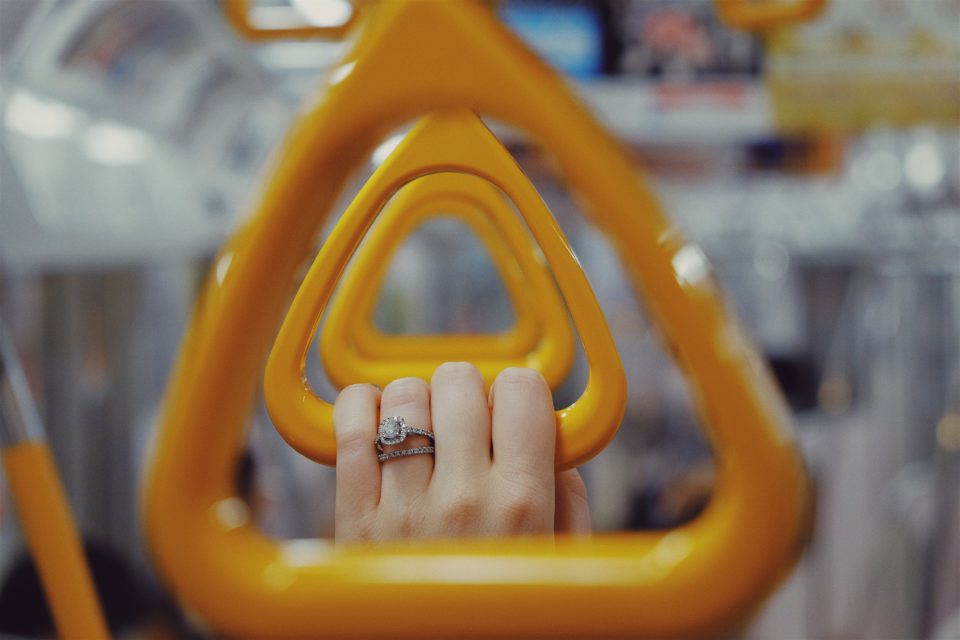TUM Think Tank
Where today's societal challenges meet tomorrow's technological excellence.
The third report published by the project team Mobilität.Leben provides first insights on how participants perceive the 9-Euro-Ticket as well as a summary of the travel behavior reported in the second survey wave. Moreover, the report presents some first preliminary results regarding the willingness-to-pay for a successor of the 9-Euro-Ticket.
The report shows that the introduction of the 9-Euro-Ticket impacted mobility and everyday life. There is evidence that some respondents changed from the car to public transport, but in order to estimate the precise extent of this effect we need to more data and analyses from our app-based travel diary. There is also some evidence that the 9-Euro-Ticket increased overall travel demand and mobility at large. Moreover, the report directly speaks to the ongoing discussions about the layout of a potential successor ticket to the 9-Euro-Ticket.
Several key findings can be highlighted for this report:
First, considering car use vis-à-vis public transportation, we find that 26% of respondents report an increase in public transport use and a decrease in car use. Out of these, more than 82% argue that the reason for their behavioral change is the introduction of the 9-Euro-Ticket. This trend is corroborated using different estimates
Second, 35% of respondents state that they participated in more activities because of the 9-Euro-Ticket, while 44% state that the introduction of the new travel pass did not increase their activities. Respondents report using public transport on average for 1.2 more activities per week and using the car for 0.7 less activities per week. This finding again provides evidence that the introduction of the 9-Euro-Ticket generates to some extent new travel demand.
Third, we derive some interesting insights regarding different alternatives for a successor ticket for the 9-Euro-Ticket:
- The average willingness-to-pay for a nation-wide travel pass for all local public transport services as a successor of the 9-Euro-Ticket was 52.39 Euro in the Munich sample and 47.74 Euro for a representative German sample. The average willingness-to-pay for a nation-wide travel pass for all public transport services including long-distance services was 101.47 Euro for Munich and 77.62 Euro for the German sample.
- The average willingness-to-pay in our sample moreover is very close to the discussed 49 Euro per month as proposed by the Social Democratic and the Green Party. Contrary, the willingness-to-pay is substantially below the 69 Euro as proposed by the Association of German Transport Companies (VDV).
- We find that higher incomes increase the willingness-to-pay by 10 to 15 Euro compared to the lowest income group. We find no statistically significant differences between males and females, but a small age-effect, i.e., older people are willing to spend less for such a successor ticket compared to younger age cohorts.
TL;DR
The third report presents results from the second survey wave with a focus on the stated and observed changes in mobility behavior and several questions related to the willingness-to-pay for different alternatives as successor to the 9-Euro-Ticket.










